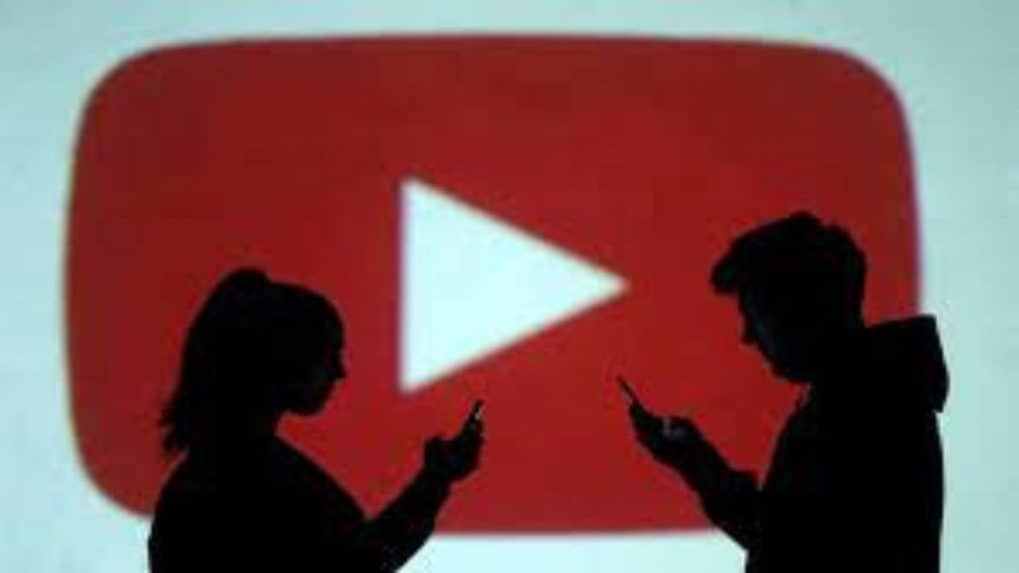How YouTube is enabling creators to disclose altered or synthetic content
YouTube is introducing a new tool in Creator Studio requiring creators to disclose to viewers when realistic content – content a viewer could easily mistake for a real person, place, or event – is made with altered or synthetic media, including generative AI.
ADVERTISEMENT
Generative AI is transforming the ways creators express themselves – from storyboarding ideas to experimenting with tools that enhance the creative process. But viewers increasingly want more transparency about whether the content they’re seeing is altered or synthetic.
Considering this, YouTube is introducing a new tool in Creator Studio requiring creators to disclose to viewers when realistic content – content a viewer could easily mistake for a real person, place, or event – is made with altered or synthetic media, including generative AI.
These disclosures will appear as labels in the expanded description or on the front of the video player. YouTube does not require creators to disclose content that is clearly unrealistic, animated, includes special effects, or has used generative AI for production assistance.
As per the blog by YouTube team, "The new label is meant to strengthen transparency with viewers and build trust between creators and their audience." Some examples of content that require disclosure include:
Using the likeness of a realistic person: Digitally altering content to replace the face of one individual with another's or synthetically generating a person’s voice to narrate a video. Altering footage of real events or places: Such as making it appear as if a real building caught fire, or altering a real cityscape to make it appear different than in reality. Generating realistic scenes: Showing a realistic depiction of fictional major events, like a tornado moving toward a real town.
YouTube won't require creators to disclose if generative AI was used for productivity, like generating scripts, content ideas, or automatic captions. We also won’t require creators to disclose when synthetic media is unrealistic and/or the changes are inconsequential. These cases include: • Clearly unrealistic content, such as animation or someone riding a unicorn through a fantastical world • Color adjustment or lighting filters • Special effects like background blur or vintage effects • Beauty filters or other visual enhancements
YouTube may add a label even when a creator hasn't disclosed it, especially if the altered or synthetic content has the potential to confuse or mislead people. YouTube will collaborate across the industry to help increase transparency around digital content. This includes its work as a steering member of the Coalition for Content Provenance and Authenticity (C2PA).

